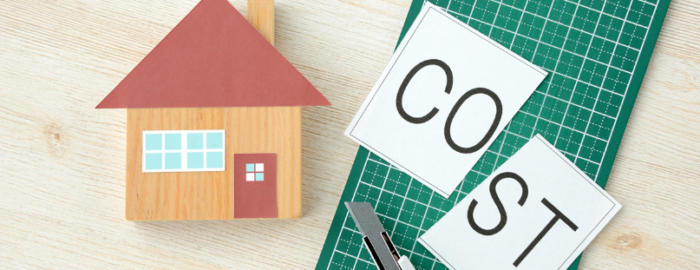Baby Boomers and retirees aged 65 and over equate to approximately 52 million or 16 percent of Americans. Some of these people will be thinking about downsizing because they just don’t need or want the same space they needed in the past.
Divesting yourself of “things” you have accumulated over the years and don’t need anymore can be liberating. Moving to a less expensive home could provide savings for unanticipated expenditures or cash that could be invested for additional income.
The types of savings you can look forward to would be lower insurance premiums, lower property taxes and lower utility bills usually associated with a smaller house.
The typical downsizing homeowner picks a home that is 2/3 to 50 percent smaller than that of their current homes’ size. It can not only be economically beneficial, but their interests may have changed, and they want a different style home (i.e. condo, townhome, or duplex), want to live in a different area or a different city that fits better with their newer lifestyle.
Selling a home that has acquired a lot of equity won’t necessarily trigger a larger tax liability at the end of the year. The IRS allows homeowners an exclusion of $250,000 of gain if single or up to $500,000 of gain if married if they have owned and used their home two out of the last five years and they haven’t already used this exclusion in the past 24 months.
I encourage existing homeowners to consult with their tax professional to see how this applies to your specific situation. If you don’t have a tax professional, I can refer one. Call me at (703) 303-4010 to find out what your existing home is worth and what it would take for you to move into another one.
Want Some Insider Information on Fairfax VA homes for sale? Get a FREE Market Snapshot Report of Your Northern Virginia Home’s Value, or Search All Northern Virginia Homes For Sale. Put that data you need at the tips of your fingers!


